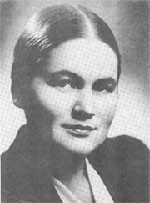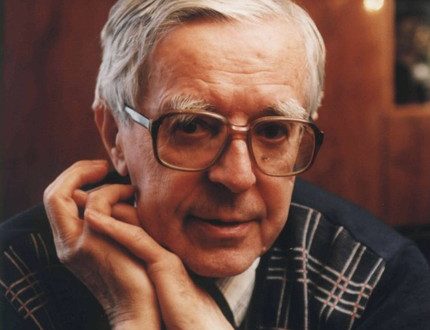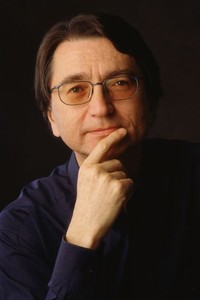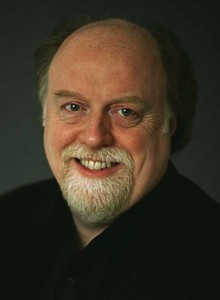
Tatiana Petrovna Kravchenko |
Tatiana Kravchenko

It so happened that the creative fate of the pianist is connected with the three largest musical centers in our country. The beginning of the journey is in Moscow. Here, back in 1939, Kravchenko graduated from the conservatory in the class of L. N. Oborin, and in 1945 – a postgraduate course. Already a concert pianist, she came in 1950 to the Leningrad Conservatory, where she later received the title of professor (1965). Here Kravchenko proved to be an excellent teacher, but her special successes in this field are associated with the Kyiv Conservatory; in Kyiv, she taught and headed the department of special piano since 1967. Her pupils (among them V. Denisenko, V. Bystryakov, L. Donets) repeatedly achieved laureate titles at all-Union and international competitions. Finally, in 1979, Kravchenko again moved to Leningrad and continued her teaching work at the oldest conservatory in the country.
All this time, Tatyana Kravchenko performed on concert stages. Her interpretations, as a rule, are marked by high musical culture, nobility, sound diversity, and artistic content. This also applies to many works by composers of the past (Beethoven, Chopin, Liszt, Schumann, Grieg, Debussy, Mussorgsky, Scriabin, Rachmaninov) and to the music of Soviet authors.
People’s Artist of Russia, Professor T.P. Kravchenko rightfully belongs to the most prominent representatives of the Russian and Ukrainian pianistic schools. Working at the Leningrad (now St. Petersburg), Kyiv conservatories, in China, she brought up a whole galaxy of excellent pianists, teachers, many of whom gained wide popularity. Almost everyone who studied in her class became, first of all, high-class professionals, regardless of how fate later disposed of their talents, how their life path developed.
Such graduates as I.Pavlova, V.Makarov, G.Kurkov, Y.Dikiy, S.Krivopos, L.Nabedrik and many others have proven themselves to be excellent pianists and teachers. The winners (and there are more than 40 of them) of prestigious international competitions were her students – Chengzong, N. Trull, V. Mishchuk (2nd prize at the Tchaikovsky competitions), Gu Shuan (4th prize at the Chopin competition) , Li Mingtian (winning at the competition named after Enescu), Uryash, E. Margolina, P. Zarukin. At the competitions B. Smetana was won by Kyiv pianists V. Bystryakov, V. Muravsky, V. Denisenko, L. Donets. V. Glushchenko, V. Shamo, V. Chernorutsky, V. Kozlov, Baikov, E. Kovaleva-Timoshkina, A. Bugaevsky achieved success at all-Union, republican competitions.
T.P. Kravchenko created her own pedagogical school, which has its own exceptional originality, and therefore is of great value to musicians-teachers. This is a whole system of preparing a student for a concert performance, including not only work on the details of the pieces being studied, but a whole range of measures to educate a highly professional musician (first of all). Each segment of this system – whether it’s class work, preparation for a concert, work on holding – has its own distinctive features.
Grigoriev L., Platek Ya., 1990





